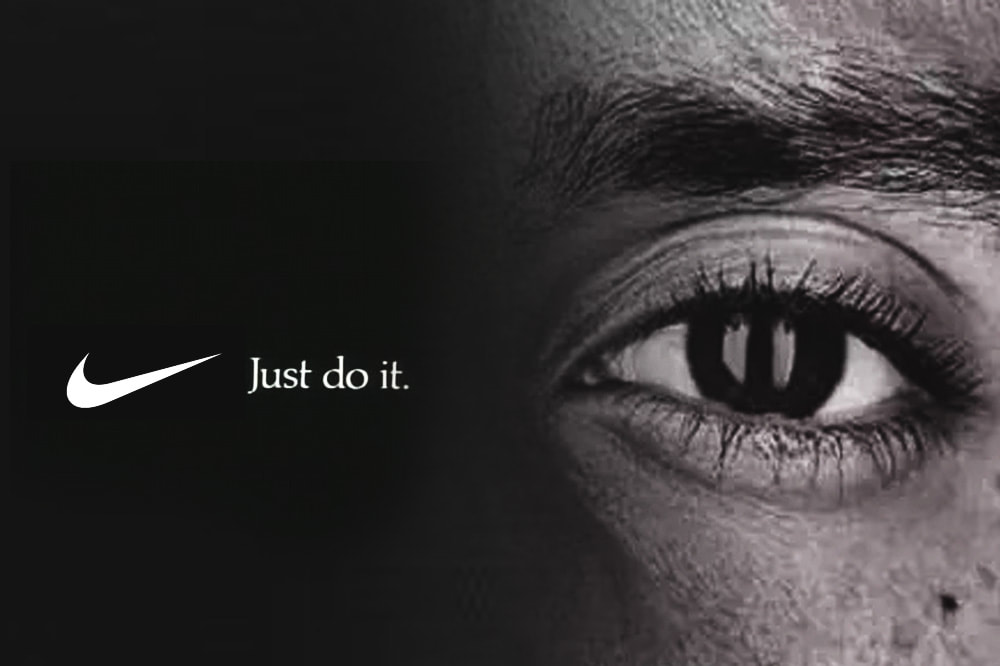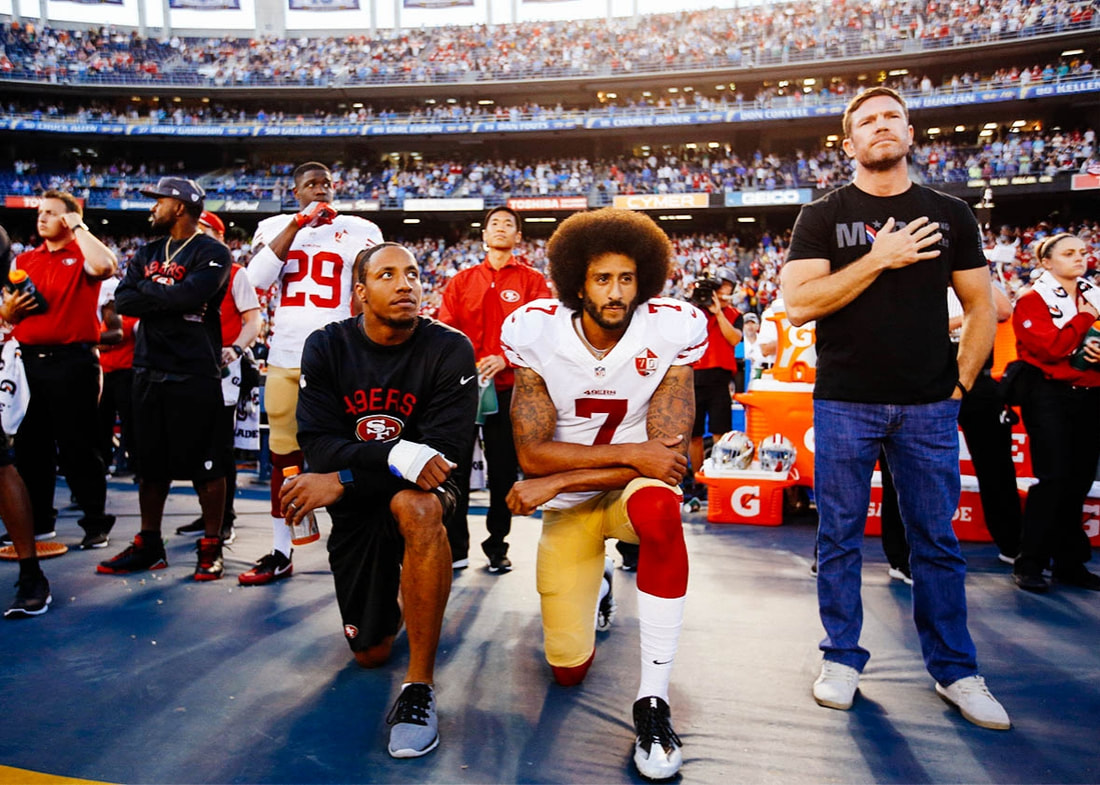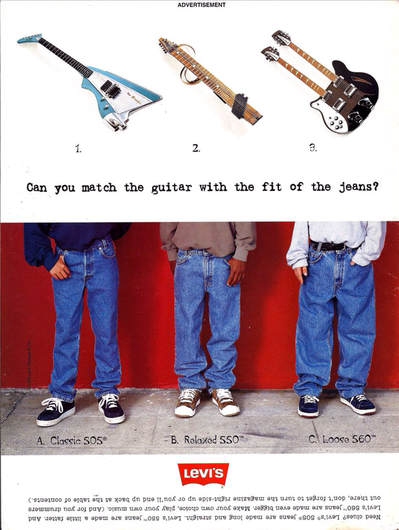Nike’s Just Do It ad featuring former 49ers quarterback Colin Kaepernick aired a few weeks ago amid a cloud of predictable controversy, including republicans posting videos of burning their Nike gear and the banning of Nike products by a Louisiana mayor in his local recreation centers. Nike’s newest campaign seemed like a risky move at the least, considering the stance the NFL took against “taking a knee” in May, with their policy fining players who choose to kneel during the anthem.
But none of this is hurting Nike’s back-pocket. Since launching Kaepernick’s campaign, Nike has seen a 31 percent increase in sales and are recovering from their 3% fall in stocks since their ad played during NFL’s first game. Skeptics may be wondering, what’s Nike’s agenda here? Are they trying to be on the right side of history, or are they just trying sell shoes? And how does allying with a controversial social justice cause help sales?
According to marketing specialist Guy Kawasaki, polarization—while risky—can actually attract more buyers and make current buyers more loyal. Case in point: Nike’s 31% increase in sales. And while the newest “Just Do It” commercial is getting an inordinate amount of buzz, corporate activism is nothing new.
In 1992 Levi’s pulled funding from the Boy Scouts for not accepting gay people or atheists. This move was made during the 1992 presidential election, when family values was a hot topic. Like recent Nike protests, republicans “burned their Levis in the streets.” But it could be speculated that by pulling funding, they made more loyal customers of the other side. Levi’s reached an economic peak (falling quick shortly after) in 1996-- making an epic rise all through the early nineties. The polarizing effect of pulling their donations from the Boy Scouts may have contributed to their branding of that time—which emphasized youth and counter-culture. From artsy, award-winning ads directed by Spike Jonze and Michel Gondry, to a sexually charged ad starring Brad Pitt as a freshly-released criminal being picked up by his girlfriend in a classic car.
According to marketing specialist Guy Kawasaki, polarization—while risky—can actually attract more buyers and make current buyers more loyal. Case in point: Nike’s 31% increase in sales. And while the newest “Just Do It” commercial is getting an inordinate amount of buzz, corporate activism is nothing new.
In 1992 Levi’s pulled funding from the Boy Scouts for not accepting gay people or atheists. This move was made during the 1992 presidential election, when family values was a hot topic. Like recent Nike protests, republicans “burned their Levis in the streets.” But it could be speculated that by pulling funding, they made more loyal customers of the other side. Levi’s reached an economic peak (falling quick shortly after) in 1996-- making an epic rise all through the early nineties. The polarizing effect of pulling their donations from the Boy Scouts may have contributed to their branding of that time—which emphasized youth and counter-culture. From artsy, award-winning ads directed by Spike Jonze and Michel Gondry, to a sexually charged ad starring Brad Pitt as a freshly-released criminal being picked up by his girlfriend in a classic car.
Nike’s Kaepernick ad is in line with their 30 year Just Do It campaign, emphasizing resilience in a number of athletes including Serena Williams-- who is also a UNICEF ambassador, and Lebron James-- who has used his platform consistently to comment against police brutality. Now we have Kaepernick, a publicized figure of the Black Lives Matter movement through his sparking of kneeling during the national anthem, who’s had to say, “Believe in something, even if it means sacrificing everything.”
The commercial shows a sequence of people transcending disability and circumstance to become athletes-- amatuer and professional. This, combined with the inclusion of Kaepernick, feeds off of a sense of helplessness caused by our times. What are we expected to do? How do we rectify a seemingly insurmountable governmental, social, and environmental nosedive? The ad relates to the zeitgeist in that it exploits a current sense of confusion and obligation around social responsibility. It makes the intellectual jump of “believing in something” with buying sportswear.
Nike and Levis both made risky moves in politically effusive times. As to their agenda? No one can say for sure, only that a company’s prerogative is to sell product. One could argue that they are using the power acquired from selling all that product to make an impact, or it’s just another marketing technique.
Nike and Levis both made risky moves in politically effusive times. As to their agenda? No one can say for sure, only that a company’s prerogative is to sell product. One could argue that they are using the power acquired from selling all that product to make an impact, or it’s just another marketing technique.



